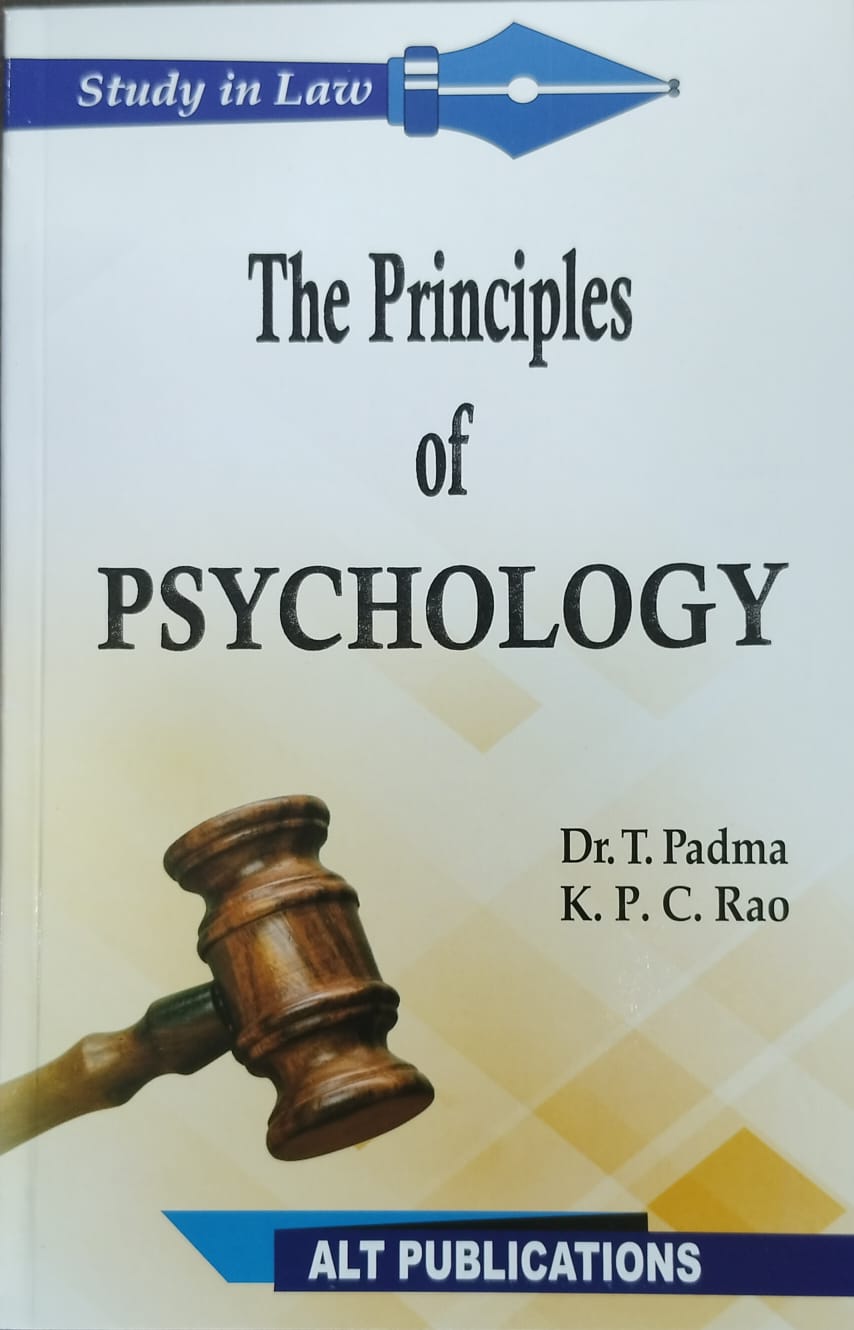The word ‘psychology’ literally means, “study of the soul”. ‘Psychology’ is the science and art of explaining and changing human and non-human animal mental processes and behaviours. ‘Psychology’ is both an applied and academic field that studies the human mind and behaviour. Research in psychology seeks to understand and explain thought, emotion, and behaviour.
The study of psychology in philosophical context dates back to the ancient civilizations of Egypt, Greece, China, India, and Persia. Historians point to the writings of ancient Greek philosophers, such as Thales, Plato, and Aristotle especially in his De Anima treatise, as the first significant work in the west to be rich in psychology-related thought. Indian psychology is an approach to psychology based on the Indian ethos, the characteristic spirit of the Indian civilization. One could also say that it is a psychology rooted in the consciousness-based Indian worldview, yoga and a life-affirming spirituality.
Applications of psychology include mental health treatment, performance enhancement, self-help, ergonomics, and many other areas affecting health and daily life. The psychotherapist talking to a worried client, the educational psychologist advising a school board on a new curriculum, the clinical psychologist supervising group therapy in a state mental hospital, and the social psychologist trying to lessen tensions between management and workers in a large industry are all practicing the art of psychology. Psychologists have learned, through special training, the artistry, or knack of applying psychology.
This book has been divided into five Chapters. Chapter –I explains the nature and scope of psychology and its relationship with other subjects, different psychological methods etc., Chapter –II discusses developmental psychology, motivation, emotions and theories of personality. Chapter-III discusses Social psychology, group behaviour, components and sources of attitudes, meaning of persuation and human aggression. Chapter-IV discusses communication, conflict and management, abnormal psychology, mood disorders and Chapter V discusses counselling, counselling process, counselling skills, and ethical issues in counseling etc., This book provides a short cut to the students of the 5 year law degree course to enable them to get a broad understanding of the topics that would be covered under the revised syllabus with effect from the academic year 2009-2010.
We owe our gratitude to Mr D. Durga Prasad, LL.B, FCS, for his personal attention, inputs and technical support. Our thanks are also due to Mr. M. Venkateswarlu for his wholehearted and efficient secretarial support in bringing out this Book.
